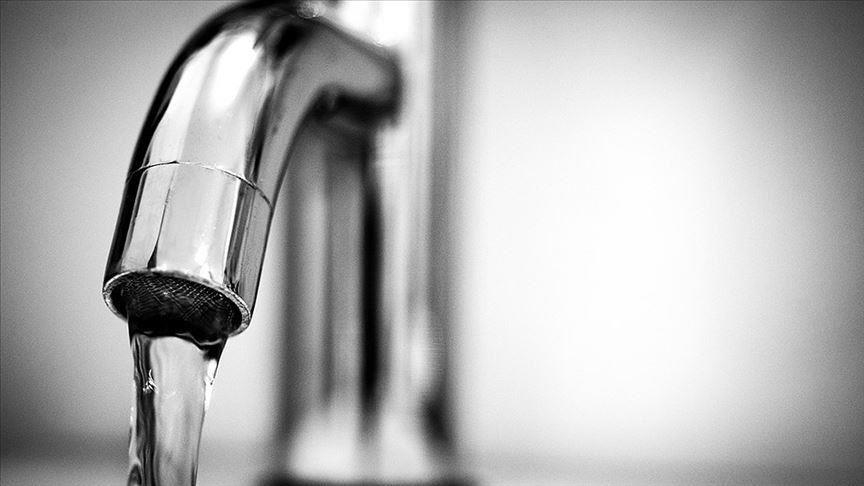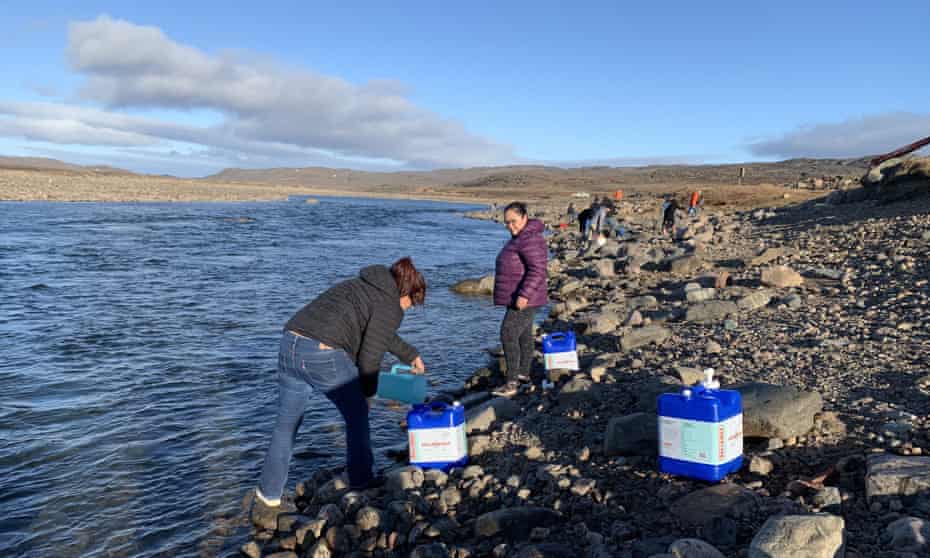Supported by Cypress-Medicine Hat MLA, Free Alberta Strategy released
Wed., October 13, 2021
Wed., October 13, 2021
Published September 28, the Free Alberta Strategy is a policy paper written by Airdrie MLA and lawyer, Rob Anderson, University of Calgary political scientist, Barry Cooper, and constitutional lawyer, Derek From, in cooperation with the Alberta Institute.
The paper has two key objectives, which include establishing provincial sovereignty within Canada, and the end of equalization payments to have-not provinces.
“We believe that Alberta needs to declare itself a sovereign jurisdiction within Canada,” said Anderson. “Part of that is to pass a piece of legislation called the Alberta Sovereignty Act, which specifically states that the province of Alberta will not enforce federal laws that are unfair, that unfairly attack the province of Alberta, or that are outside of the jurisdiction of the federal jurisdiction of Ottawa. An example of that would be the carbon tax. If the legislature feels that the carbon taxes are an unconstitutional attack on Alberta and on our jurisdictional rights as a province, then we would simply say, under the Alberta Sovereignty Act, that he will not be enforcing that law within the boundaries of Alberta.”
The paper does not advocate for complete separation from Canada, points out Anderson, who believes that separatism is another option Albertans are tired of hearing of as the proposed only alternative to doing nothing about what is outlined in the strategy.
“The main issues that I'm hearing is, first of all, the lack of resource movement, is the fact that that Albertans are the best in the world at taking risk and safely extracting oil and gas are unable to get work unable to get work at the pay they used to, or they have to go hundreds of miles away to find work, and all the time the demand for oil and gas is increasing. So that would be the main one,” said Drew Barnes, MLA for Cypress-Medicine Hat. “Secondly, the fact that Alberta is such a cash cow to the rest of Canada, large parts of that through equalization, and the fact that equalization, and this money transfer is unfair in terms of giving some provinces, you know, sovereign funds as big as Alberta's. It's given them cheaper services. And it has created a problem where some provinces have not tried to increase their revenues or develop their resources, because they want to continue to collect equalization. It's an unfair system that hasn't worked well for anyone.”
Barnes noted a strong frustration in his constituency in the wake of the federal election, and said that “people are frustrated that elections are decided, you know, before we even finished counting our votes here.” Barnes said that seeing legacy parties adopt strategies to “keep Quebec and Ontario happy rather than protect the individual Alberta” definitely fanned the flames in the area.
“It starts with the fact that in Cypress-Medicine Hat, too many, too many of us are not able to work in the oil and gas industry, because of the fact that, you know, Ottawa has blocked pipelines, and that needs to change. Secondly, you know, the fact that, you know, taxes are so high in Canada, and the federal government does so little for us. People realize that there has to be a better system and opportunity for hardworking people and hardworking families to keep more of their own money. So they have more choices,” said Barnes.
There is confidence that with this sovereignty, Alberta would be fine operating on a much more individual scale, said Anderson.
“I will put my belief in Alberta, governing itself over Ottawa governing Alberta any day of the week,” said Anderson. “Obviously, there's going to be times when the government of Alberta doesn't do a great job. But that is a rare occurrence in comparison to the absolute gong show. That is the federal government in Ottawa and specifically, as it relates to Ottawa to Ottawa is consistent attacks on Alberta's energy and agricultural sectors. It's been unrelenting for the last 50 years. It doesn't stop. And so, you know, if there are from time to time, obviously provincial governments are going to screw up but at least at the very least, they have Alberta's best interests at heart. You cannot say that about Ottawa.”
Anderson believes that Alberta would not look much different in terms of healthcare or social programs, save for the improvement made by more of the revenue generated in the province being re-invested into the province itself.
“We'd have more resources under the free Alberta strategy,” said Anderson. “They contemplate the stopping equalization and, and net transfers out of the province, we've sent more than six over the last 60 years, we've spent more than a cent more than $600 billion to Ottawa, more than we've got back and in federal spending, and that 600 billion is largely gone to Quebec as well as as well as the Maritimes for vote buying schemes in those areas, by generally federal liberal governments, but also by conservative federal conservative governments as well, just to a lesser extent. but this with the strategy contemplates putting an end to that. And so that means more resources for Alberta, which means more healthcare dollars, more education, dollars, more social spending, and also fewer taxes.”
Anderson specifically notes that the money could be used to increase ICU capacity during this pandemic, and said that money being sent to Ottawa may be the cause of the lack of healthcare resources in the province.
“We’re sitting here with 300 ICU beds in the middle of a pandemic, well, of course there's gonna be problems when you run your health system like that,” said Anderson. “When you don't have enough resources. So that's why we're losing doctors and nurses to neighboring provinces right now. And we're not going to get them back so long as we continue to have our resources sucked dry by Ottawa.”
Anna Smith, Local Journalism Initiative Reporter, Prairie Post East
ALBERTA SEPERATISM IS AMERICAN DECSENDENTS IN ALBERTA, AND SOME AMERICAN SECOND GENERATION WHO PROPOSE THESE LETS SEPERATE AND JOIN AMERICA SCHEMES
IN THE PAST WE HAVE HAD NUMEROUS SEPERATIST PARTIES OF THE RIGHT SINCE PETER LOUGHEED FOUGHT OFF THE WESTERN CANADA CONCEPT (WCC) WHICH AROSE OUT OF THE COLLAPSED SOCIAL CREDIT PARTY/GIVERNMENT
IT AROSE IN SOUTHERN ALBERTA AS ALL THESE MOVEMENTS OF THE RIGHT DO.
CALGARY IS THE LARGEST AMERICAN CITY IN CANADA
RIGHT WING MORMONS PROMOTE ANTI TAX CAMPAIGNS AS THEY PAY THROUGH THEIR CHURCH TITHES INSTEAD.
DUTCH REFORM CHURCH RIGHT WING ACTIVISTS CAME HERE FROM SOUTH AFRICA
AND PROMOTE THEIR NEO CALVANISM THROUGH GROUPS LIKE THE FAKE UNION CLAC AND THE CHRISTIAN FARMERS ASSOC OF CANADA WHO FOUNDED AND SUPPORTED THE REFORM PARTY
SEE

















